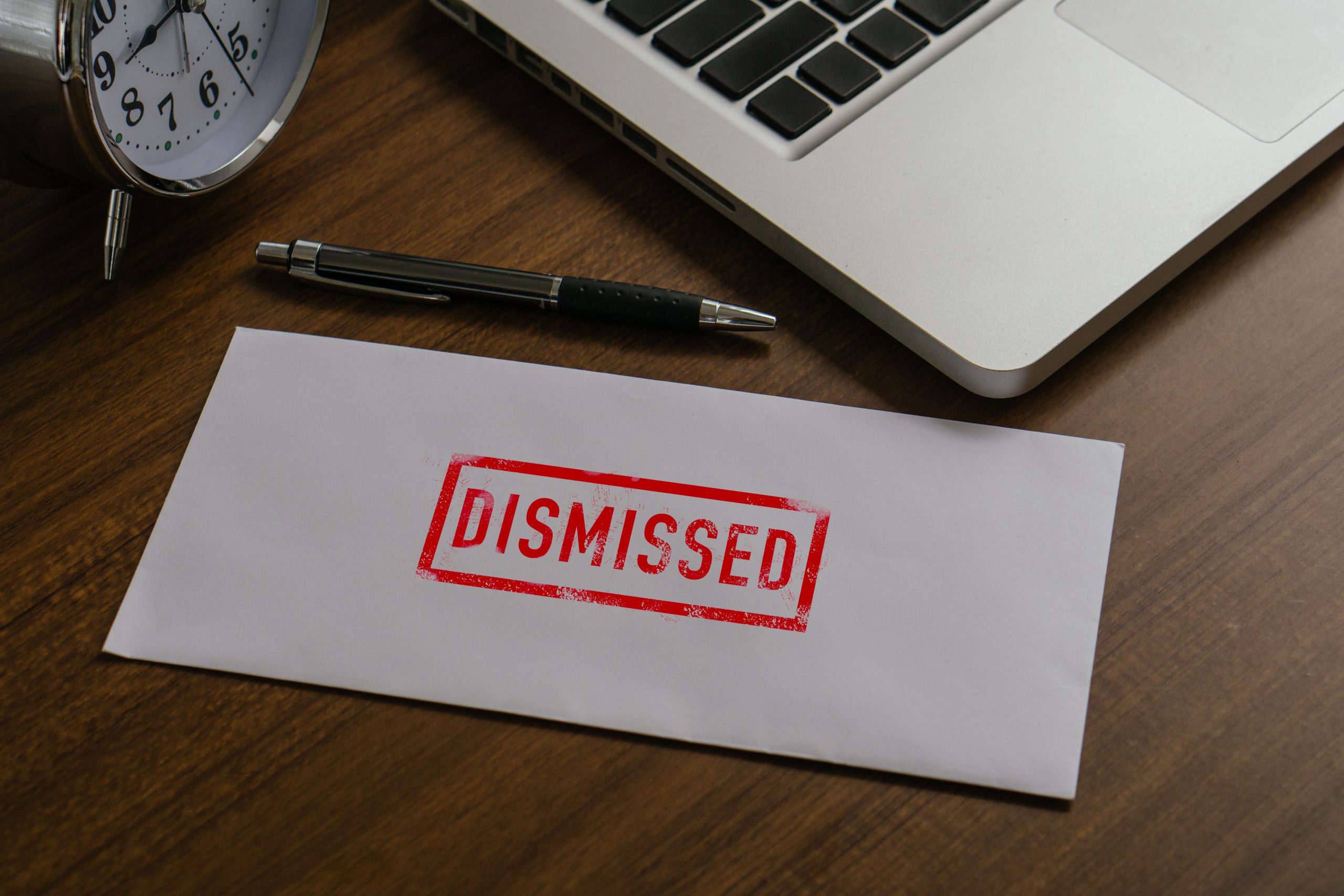“[Askan’s] conduct [was] part of a pattern tha[t] began in the prior litigation, resulted in dismissal and the imposition of attorney’s fees in favor of [FARO], and which has failed to deter [Mr. Askan].” – CAFC
 On Wednesday, June 21, the U.S. Court of Appeals for the Federal Circuit (CAFC) ruled in a nonprecedential opinion that a Florida district court correctly dismissed a UK-based patent owner’s infringement case after he willfully disobeyed the court and disrupted the enforcement of a court order.
On Wednesday, June 21, the U.S. Court of Appeals for the Federal Circuit (CAFC) ruled in a nonprecedential opinion that a Florida district court correctly dismissed a UK-based patent owner’s infringement case after he willfully disobeyed the court and disrupted the enforcement of a court order.
The ruling is the second time that the UK resident, Yoldas Askan, lost a patent infringement lawsuit against FARO Technologies. Askan first sued FARO, alleging that the firm’s 3D scanner product infringed on claims in three of his U.S. patents. In the first case, Askan was sanctioned twice by the court and failed to respond to a court order demanding that he show cause.
After the district court dismissed this first case and the CAFC affirmed the ruling on appeal, the. inventor filed a second complaint alleging that, in addition to the 3D scanner, a FARO software product also infringed on his patents.
For many of the same reasons that the first case was dismissed, FARO again won after seeking dismissal with prejudice. The CAFC saw the case in the same way and upheld the lower court’s ruling, which the CAFC said correctly applied the Kessler doctrine, precluding Askan from asserting identical patent claims as in the prior litigation.
The appeals court found that the previous bad faith behavior continued in the second case, resulting in another defeat for Askan.
Bad Faith
In the first case, the district court ruled that Askan acted “willfully, in bad faith, and in disregard of his responsibilities” to respond to FARO’s requests for production (RFPs).
In the second case, FARO once again served Askan with RFPs. Rather than respond to them, Askan served FARO with RFPs that were identical to FARO’s RFPs. The patent owner argued that he did not need to comply with the RFPs because if FARO responded to his request, that would also satisfy FARO’s RFPs to him.
However, the judge disagreed and ordered Askan to respond to the RFPs by May 25, 2022. After the deadline passed, Askan submitted a motion for reconsideration that contained the same argument that had already been rejected by the court.
Subsequently, FARO sought Rule 37 sanctions, resulting in dismissal with prejudice, and separately pursued dismissal under the Kessler doctrine. The district court agreed on both grounds and dismissed the patent infringement case.
The district court wrote, “[Askan’s] conduct [was] part of a pattern tha[t] began in the prior litigation, resulted in dismissal and the imposition of attorney’s fees in favor of [FARO], and which has failed to deter [Mr. Askan].”
Askan Appeals
After the second defeat before a district court, Askan once again appealed to the CAFC, this time challenging both of the district court’s grounds for dismissal, Rule 37 and the Kessler doctrine.
Rule 37 allows for the district court to dismiss a case if a party disregards a discovery order, such as an RFP. The appeals court judges ruled that the district court did not abuse its discretion when it dismissed the case on these grounds.
The CAFC wrote: “Mr. Askan failed to produce any documents in response to FARO’s RFPs and counter-served identical RFPs to FARO, claiming that this negated any need for him to produce documents.”
The appeals court judges also characterized the motion for reconsideration as “belated” and found it to simply be a resubmission of past rejected arguments. The most damaging aspect for Askan was that the CAFC found some of the bad faith behavior from the first case continued into the second.
“Worse yet, these discovery violations were a repeat from the prior litigation, and Mr. Askan thus had notice as to the potential consequence of noncompliance,” wrote the appeals court judges.
This resulted in the CAFC agreeing with the district court’s characterization of Askan’s actions as “bad faith” and a “flagrant disregard and willful disobedience of discovery orders.”
The CAFC also agreed with the lower court’s application of the Kessler doctrine, which found that the dismissal of the prior case precluded the patent owner’s infringement claims in this case. The ruling was bolstered by the fact that Askan “failed to raise a genuine issue of material fact that the products in the prior litigation and the current litigation were not essentially the same.”
Thus, the CAFC upheld the lower court’s ruling dismissing Askan’s accusations on Rule 37 and Kessler doctrine grounds.
Image Source: Deposit Photos
Image ID:510374994
Copyright:witsarut1803.gmail.com

![[IPWatchdog Logo]](https://ipwatchdog.com/wp-content/themes/IPWatchdog%20-%202023/assets/images/temp/logo-small@2x.png)

![[Advertisement]](https://ipwatchdog.com/wp-content/uploads/2024/04/UnitedLex-May-2-2024-sidebar-700x500-1.jpg)
![[Advertisement]](https://ipwatchdog.com/wp-content/uploads/2024/04/Artificial-Intelligence-2024-REPLAY-sidebar-700x500-corrected.jpg)
![[Advertisement]](https://ipwatchdog.com/wp-content/uploads/2024/04/Patent-Litigation-Masters-2024-sidebar-700x500-1.jpg)

![[Advertisement]](https://ipwatchdog.com/wp-content/uploads/2021/12/WEBINAR-336-x-280-px.png)
![[Advertisement]](https://ipwatchdog.com/wp-content/uploads/2021/12/2021-Patent-Practice-on-Demand-recorded-Feb-2021-336-x-280.jpg)
![[Advertisement]](https://ipwatchdog.com/wp-content/uploads/2021/12/Ad-4-The-Invent-Patent-System™.png)






Join the Discussion
One comment so far.
Pro Say
June 22, 2023 03:49 pmMy fellow pro se (and indeed all) inventors:
This is most assuredly NOT the way to go after infringers.
As I’ve said before, DO NOT go it alone in court.
I never have and never will. You shouldn’t either.
You need a top-flight, successful law firm leading the charge.